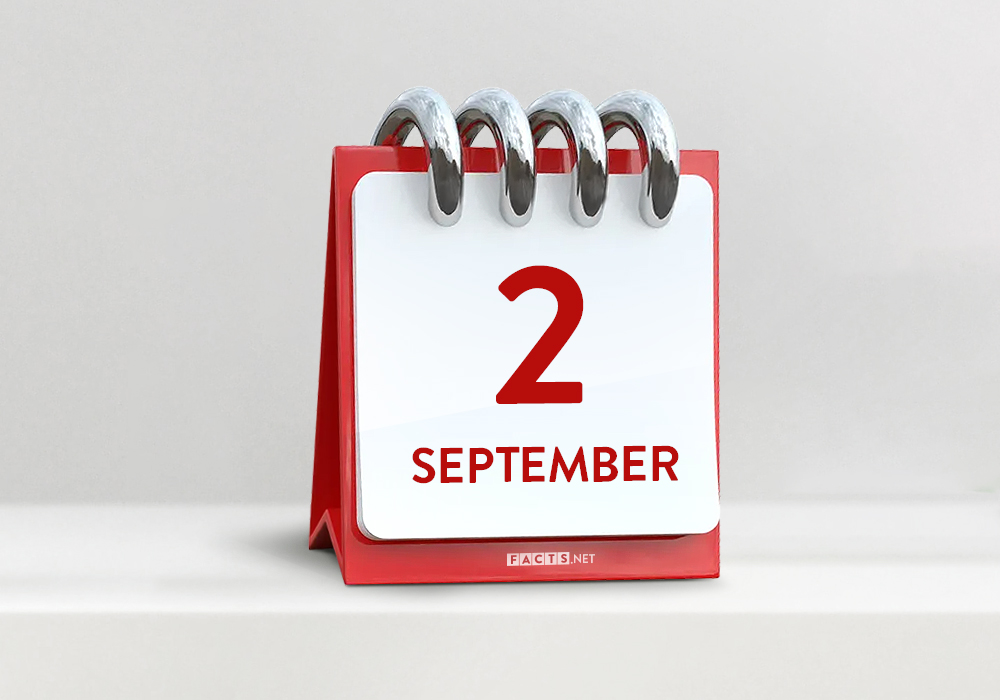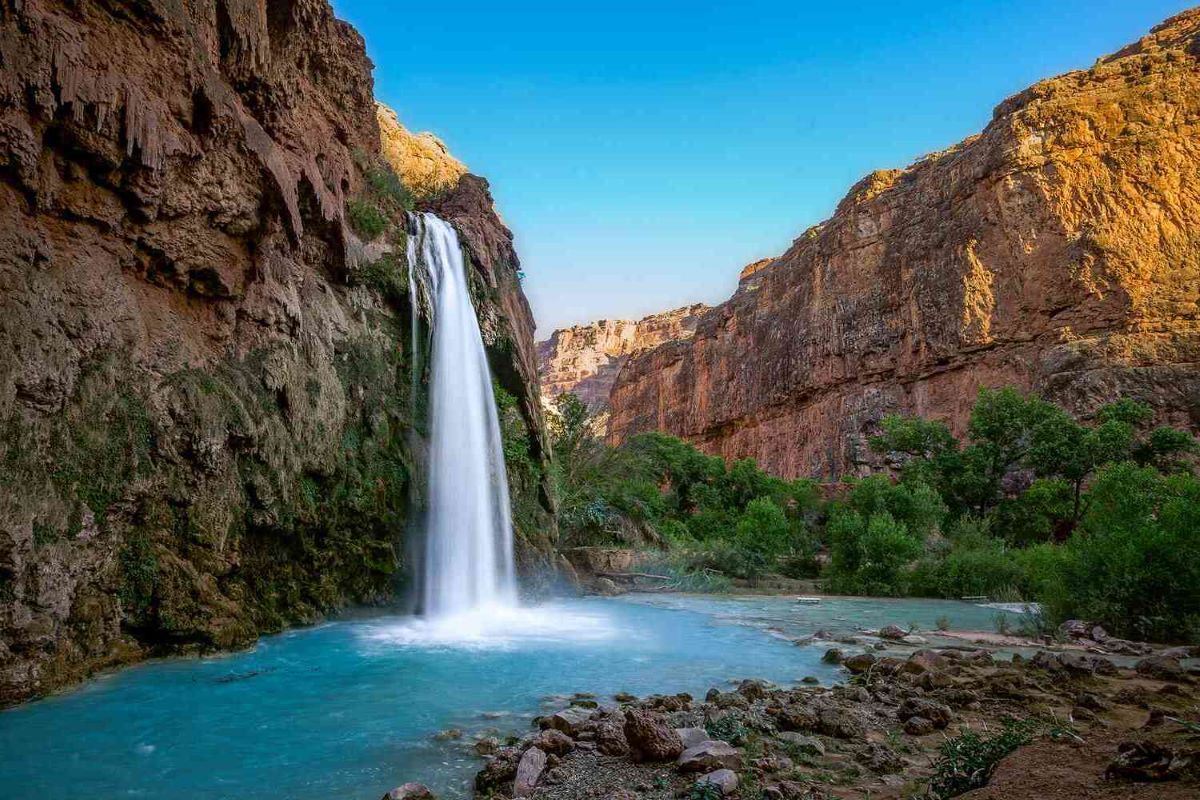
Welcome to our daily feature where we explore the significant events that have occurred throughout history on September 2nd. From remarkable achievements to notable milestones, this date has played host to a wide array of moments that have shaped our world. Whether it’s groundbreaking discoveries, historic battles, or the birth and death of influential figures, September 2nd has witnessed it all.By delving into the past, we gain a deeper understanding of our present and glean insights into the future. Join us as we take a captivating journey through time and uncover the fascinating facts and events that took place on this very day. From revolutionary technological advancements to cultural breakthroughs, September 2nd has left an indelible mark on the tapestry of history.So, let’s embark on this historical journey and discover the incredible stories that unfolded on September 2nd.
Key Takeaways:
- September 2nd is a day filled with historical significance, from the Great Fire of London to the first ATM installation in the US, marking pivotal moments in history.
- Notable births, deaths, and cultural events on September 2nd showcase the diverse impact of this date, from influential figures like Johann Wolfgang von Goethe to scientific breakthroughs like the landing on a comet.
HISTORICAL EVENTS
- 1666: The Great Fire of London breaks out, destroying a large part of the city and leaving thousands homeless.
- 1789: The United States Department of the Treasury is founded, with Alexander Hamilton appointed as the first Secretary of the Treasury.
- 1945: World War II officially ends as Japan surrenders, following the atomic bombings of Hiroshima and Nagasaki.
- 1998: Swissair Flight 111 crashes off the coast of Nova Scotia, Canada, killing 229 people on board.
- 2008: The Large Hadron Collider, the world’s largest and most powerful particle accelerator, is powered up for the first time.
SCIENTIFIC BREAKTHROUGHS
- 1935: Sir Malcolm Campbell becomes the first person to drive an automobile over 300 miles per hour, setting a new land speed record.
- 1969: The first automatic teller machine (ATM) is installed in the United States, revolutionizing the way people access their money.
- 1997: NASA’s Mars Pathfinder mission concludes successfully, with the Sojourner rover becoming the first wheeled vehicle to explore the surface of Mars.
- 2004: The European Space Agency’s Rosetta spacecraft makes its first close approach to the asteroid 2867 Šteins, capturing detailed images of its surface.
- 2014: The European Space Agency’s Rosetta spacecraft successfully lands the Philae probe on comet 67P/Churyumov-Gerasimenko, marking the first soft landing on a comet.
POLITICAL MILESTONES
- 1792: The French National Convention is established, marking the start of the French Revolution and the abolishment of the French monarchy.
- 1864: Confederate General Robert E. Lee’s first invasion of the North is halted at the Battle of Bristoe Station during the American Civil War.
- 1945: Ho Chi Minh declares Vietnam’s independence from French colonial rule, following the surrender of Japan at the end of World War II.
- 1998: Switzerland becomes a member of the United Nations, ending its longstanding policy of neutrality.
- 2017: The United Nations Security Council unanimously adopts a resolution imposing new sanctions on North Korea in response to its nuclear weapons program.
CULTURAL EVENTS
- 1666: The first performance of Molière’s play “The Misanthrope” takes place in Paris, France.
- 1838: The first African-American newspaper, “Freedom’s Journal,” is published in New York City.
- 1898: Author H.G. Wells’ science fiction novel “The War of the Worlds” is published, inspiring countless adaptations and becoming a classic in the genre.
- 1969: The first episode of the popular British comedy series “Monty Python’s Flying Circus” airs on television.
- 1995: The rock band Oasis releases their critically acclaimed album “(What’s the Story) Morning Glory?,” which becomes one of the best-selling albums of all time.
BIRTHS
- 1752: Johann Wolfgang von Goethe, German writer and statesman, known for his influential works such as “Faust” and “The Sorrows of Young Werther.
- 1877: Frederick Soddy, British chemist and Nobel laureate, known for his work on radioactive decay and for coining the term “isotope.
- 1923: René Thom, French mathematician and founder of catastrophe theory, a branch of mathematics that studies sudden changes in systems.
- 1948: Christa McAuliffe, American teacher and astronaut who tragically died in the Space Shuttle Challenger disaster in 1986.
- 1971: Kjetil Andre Aamodt, Norwegian alpine skier and multiple Olympic gold medalist.
NOTABLE DEATHS
- 1666: François de La Rochefoucauld, French writer and moralist, known for his maxims and reflections on human nature.
- 1870: Paul Kane, Irish-Canadian painter known for his portraits of Indigenous peoples and landscapes of North America.
- 1945: Robert H. Goddard, American physicist and engineer, often referred to as the “father of modern rocketry.
- 1989: Huey P. Newton, co-founder and leader of the Black Panther Party, an influential African-American revolutionary organization.
- 2013: Nagisa Oshima, Japanese film director and screenwriter known for his controversial and provocative films.
Conclusion
In conclusion, September 2nd is a significant date in history, marked by various events ranging from historical milestones and scientific breakthroughs to political changes and cultural achievements. From the destructive Great Fire of London in 1666 to the successful landing of the Philae probe on a comet in 2014, September 2nd has witnessed moments that have shaped the world we live in. It serves as a reminder of the progress made in different fields and the impact of these events on society. These occurrences continue to be remembered and celebrated as part of our collective human history.
FAQs
Q: Why is September 2nd considered an important date in history?
A: September 2nd is considered important as it is associated with significant events such as the Great Fire of London, the founding of the United States Department of the Treasury, and the end of World War II.
Q: Are there any notable birthdays on September 2nd?
A: Yes, notable personalities born on September 2nd include Johann Wolfgang von Goethe, Frederick Soddy, and Christa McAuliffe.
Q: What scientific breakthroughs have occurred on September 2nd?
A: Scientific breakthroughs on September 2nd include Sir Malcolm Campbell’s land speed record, the installation of the first ATM in the US, and the successful landing on a comet by the Rosetta spacecraft.
Q: Are there any political milestones associated with September 2nd?
A: Yes, September 2nd marks the establishment of the French National Convention during the French Revolution, the declaration of Vietnam’s independence from French colonial rule, and Switzerland becoming a member of the United Nations.
Q: Are there any notable deaths on September 2nd?
A: Yes, notable individuals who passed away on September 2nd include French writer François de La Rochefoucauld, American physicist Robert H. Goddard, and Japanese film director Nagisa Oshima.
Was this page helpful?
Our commitment to delivering trustworthy and engaging content is at the heart of what we do. Each fact on our site is contributed by real users like you, bringing a wealth of diverse insights and information. To ensure the highest standards of accuracy and reliability, our dedicated editors meticulously review each submission. This process guarantees that the facts we share are not only fascinating but also credible. Trust in our commitment to quality and authenticity as you explore and learn with us.


